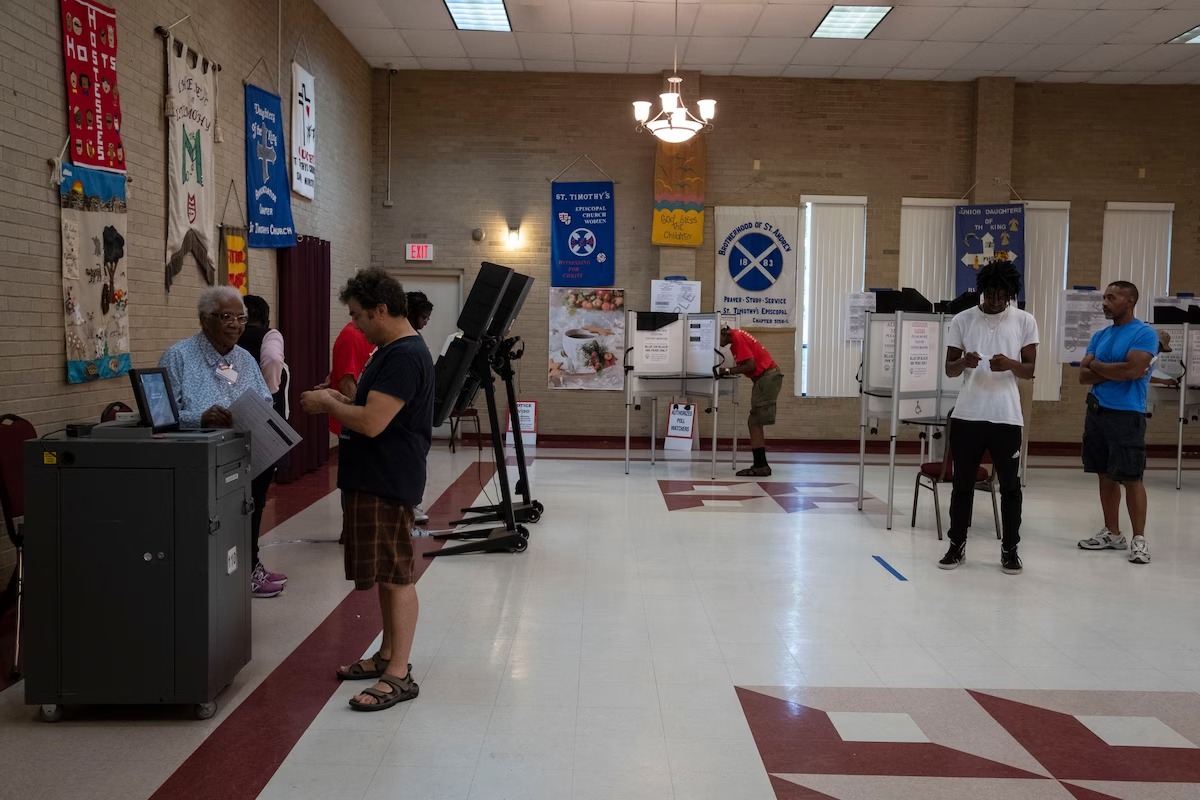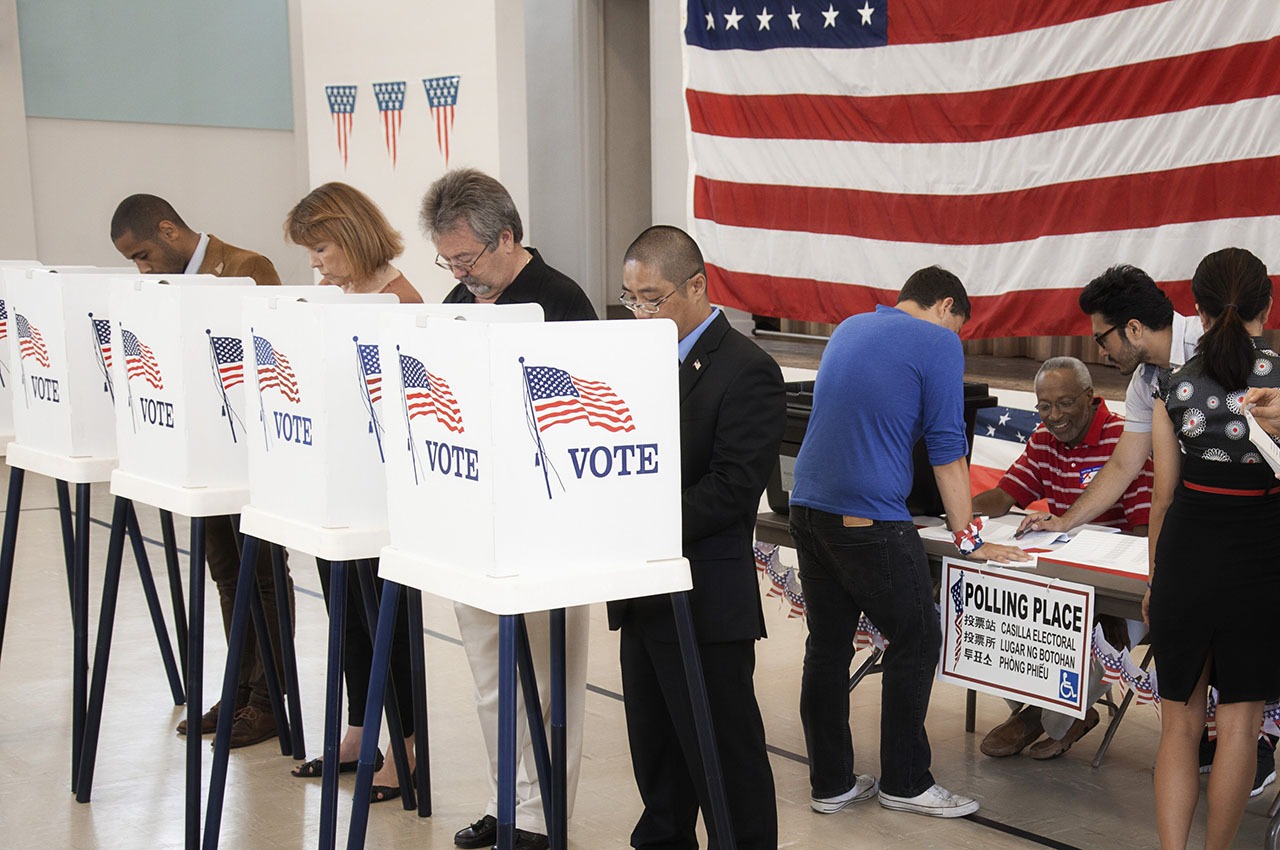In a significant legal development, a lawsuit filed by a right-wing legal group on behalf of voters against Washington, D.C.’s Board of Elections challenging the Local Resident Voting Rights Amendment Act of 2022 has been dismissed by a district court judge.
The law, which allows noncitizen residents to vote in local elections, was at the center of the legal dispute. The plaintiffs argued that it dilutes the voting power of U.S. citizen voters in the District, infringes on their fundamental right to vote, and unlawfully discriminates against U.S. citizens living in D.C.
The plaintiffs further contended that the law violates the Fifth Amendment’s Due Process Clause by enfranchising noncitizens and allowing them to hold public office, thereby allegedly impeding the plaintiffs’ constitutional right to citizen self-government.

Seeking judicial intervention, the lawsuit asked the state court to block the law and prohibit noncitizens from voting in local elections in the district.
However, on March 20, 2024, a district court judge ruled dismissing the case because the plaintiffs lacked standing to sue.
This ruling represents a significant setback for the plaintiffs and the right-wing legal group that initiated the lawsuit, as it effectively halts their legal challenge against the voting rights law.
The court’s decision underscores the importance of standing—a legal principle requiring plaintiffs to demonstrate that they have suffered a concrete injury or harm that can be redressed by the court—in initiating legal proceedings.
In this case, the court determined that the plaintiffs failed to establish sufficient grounds to pursue their lawsuit, precluding them from advancing their claims in court.
The dismissal of the lawsuit is likely to be met with mixed reactions. Proponents of the voting rights law will hail it as a victory for democracy and inclusivity, while opponents may express disappointment over the court’s decision.

Nonetheless, the ruling represents a significant legal outcome that will affect the ongoing debate surrounding voting rights and immigration policy in Washington, D.C., and beyond.
As legal proceedings conclude, the fate of the Local Resident Voting Rights Amendment Act of 2022 remains unchanged, allowing noncitizen residents to continue participating in local elections in the district.
However, dismissing the lawsuit may not mark the end of efforts to challenge the law, as opponents may explore alternative avenues to advance their objections or seek legislative remedies to address their concerns.
In the meantime, the district court’s ruling is a testament to the judiciary’s role in adjudicating disputes over voting rights and ensuring the integrity of electoral processes.
While this particular legal challenge has been resolved, the broader conversation surrounding voting rights, citizenship, and democracy will likely persist, shaping future legislative and legal developments in Washington, D.C., and nationwide.


